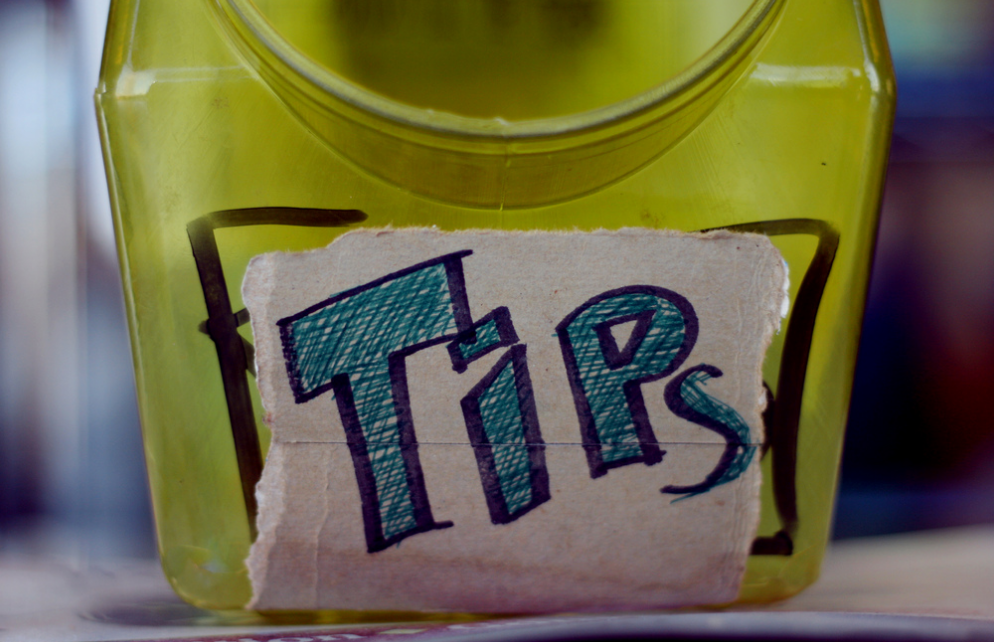Restaurants Can Deduct Credit Card Fees From Servers’ Tips, But Should They?
The Minneapolis Star-Tribune has two stories on the reaction to the $.75/hour increase. The first involves a small cafe in Stillwater, MN, that has begun tacking on a $.35 “minimum wage” fee to customers’ bills.
The owner claims that the wage hike will ding him for an additional $10,000 a year, but rather than raise the prices on his menu, he added the new fee to each bill.
Some in the area are not thrilled with the new charge and a few are even calling for a boycott.
The cafe’s manager tells the Star-Tribune that the owner just “wants people to be aware we’re a small business and we’re trying to stay open… if you raise prices and don’t tell anyone, that seems more backhanded to me.”
Whatever you think of the fee, it’s effectively a slight increase to menu prices that consumers are being made aware of.
A more controversial tactic is being used by a company that owns eight restaurants in the Minneapolis-St. Paul area. In addition to raising menu prices, the owners have decided that when a customer puts their tip on a credit card, the fee for that credit card will be deducted from the tip the server ultimately receives.
So if you put a $10 tip on your family’s $50 meal and put the whole thing on a credit card, your server will only receive what’s left after the service fees. It’s estimated that this will reduce the servers’ tips by about 2%.
On the one hand, 2-3% isn’t that much money. On the other hand, a server whose base salary is below minimum wage and relies on tips to pay the bills can argue that every penny matters.
One employee tells the Star-Tribune that the credit card fees should be the owners’ problem.
“It’s their choice to accept credit cards, and the customers’ choice to pay with them,” explains the server, “it’s not up to me.”
Whether you agree with the practice or not, it’s perfectly legal, so long as the deduction doesn’t cause the employee to earn less than the minimum wage.
According to the U.S. Dept. of Labor:
Where tips are charged on a credit card and the employer must pay the credit card company a percentage on each sale, the employer may pay the employee the tip, less that percentage.
For example, where a credit card company charges an employer 3 percent on all sales charged to its credit service, the employer may pay the tipped employee 97 percent of the tips without violating the [Fair Labor Standards Act]. However, this charge on the tip may not reduce the employee’s wage below the required
minimum wage. The amount due the employee must be paid no later than the regular pay day and may not be held while the employer is awaiting reimbursement from the credit card company.
Another employee points out that making servers pay for credit card fees is no way to boost team spirit: “It’s just bad morale when [the owner] drives up in a Porsche, and yet he wants my 2 percent.”
This is the time on Sprockets when we vote:
Want more consumer news? Visit our parent organization, Consumer Reports, for the latest on scams, recalls, and other consumer issues.


